|
Hello and welcome to the Stone News by Devicare, where we discuss every 2 months the most recent and relevant studies in stone disease.
Subscribe now
|
|
|
|
|
|
Dear Stone Fans. Welcome to the spring edition of Stone News.
Today we will review three brand new papers on stones disease. From a randomized trial on thiazides for stone prevention
to new technologies to assess urinary pH in patients of high complexity. Finally, we will review what could become a new
standard for stone evaluation with electron microscopy.
I hope this gives you new perspectives that benefits your stone patients, please enjoy.
|
|
|

|
|




|
Aviso Legal | Política de privacidada
Este mail ha sido enviado a {{ contact.email }} por Devicare Lit Control.
Si quiere darse de baja de las comunicaciones de la Stone News puede enviarnos un correo electrónico a
dop@devicare.com o pinchar aquí.
Av. Can Domènech s/n | Eureka Building UAB Research Park | 08193 Cerdanyola del Vallès,
Barcelona | España
Copyright (c) 2021 Devicare Lit-Control.
|

|
|
|
|